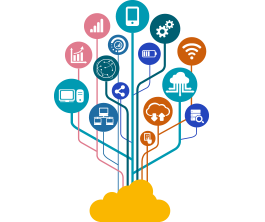Newsletter (105)
What's in store for newsletter #105? In this issue, CSAM: the point of no return? EDPS actions on Artificial Intelligence, the digital euro, how to be smarter than a hacker? And more diverse topics to read now. This issue is also part of our podcast series, the Newsletter Digest.
